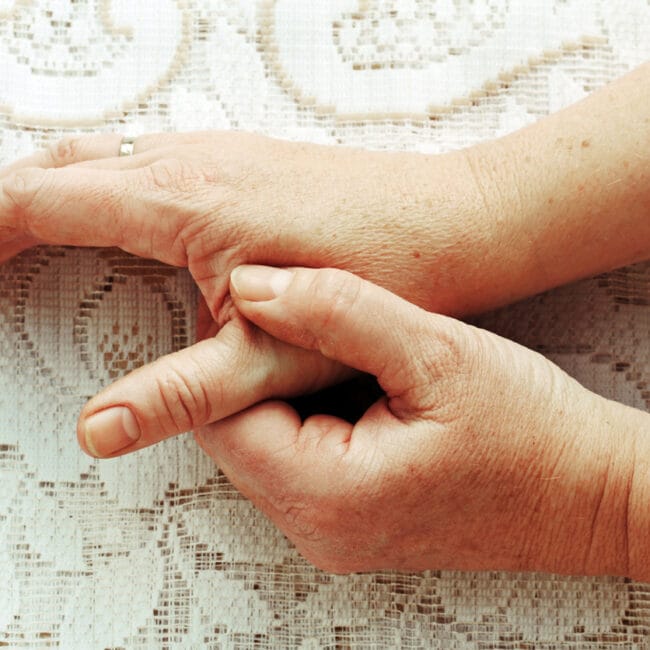Neck pain is often closely related to shoulder pain and they can be classified in a number of ways. For some people the problem is just a pain in the neck or the shoulder while for others, the pain involves both. There are a number of causes of neck pain and depending on the cause, a number of treatments are available to help deal with the problem.
Understanding Neck Pain
The causes of neck pain vary and can range from an abnormality in the joint or the bones of the neck through to posture problems and even an injury or trauma. Similarly, pain in the shoulder can come from overextension or overuse, a dislocation or fracture as well as pinched nerves and conditions such as frozen shoulder.
There are a number of tools used to diagnose what’s going on with an x-ray being the most common. X-rays are ideal for spotting issues such as arthritis, tumours, fractures and other damage to the bone. The next step is the MRI or magnetic resonance imaging – a different type of scan that can pick up on things such as tendon and ligament problems. A CT scan is another variation of this that can sometimes be used. Finally, electromyography or EMG is another type of equipment that can be used to diagnose problems when there is pain, numbness and tingling in the neck or shoulders.
Treatment of Neck Pain
Treatment follows a path that is laid out by the initial investigations and is based around what the problem is. Injuries can be treated in a range of different ways including taking anti-inflammatory medicines such as ibuprofen as well as using heat or ice depending on the injury. Corticosteroid injections may be needed for cases such as arthritis and occasionally surgery may be required.
Alongside all of these, one of the most common pieces of advice given to someone suffering with neck pain is to get exercise to help with the problem. Getting exercise is good but getting the right exercise is crucial and for this reason, a visit to a physiotherapist may be the best course of action.
Physiotherapy and Neck Pain
Some of the basic exercises that a physiotherapist may recommend to help with neck pain involve stretching, strengthening and straightening. This method is about getting the most movement into the joints and therefore easing the pain from them. Cold and heat treatments as well as electrical stimulation may also be recommended to help with this.
Strengthening the muscles in the neck are one of the most crucial areas because the stronger the muscles are, the less pressure is put on the other parts of the neck. At the same time, the physio will look at your posture, a top cause of pain and other problems. If you don’t have good posture, exercises to help deal with this can be revolutionary in their impact.
The physio will also be able to tell you what exercises not to do – almost as important. This is why it is most important to speak to an expert rather than just try to find a few exercises on the internet and apply them – you could make things worse rather than better!











